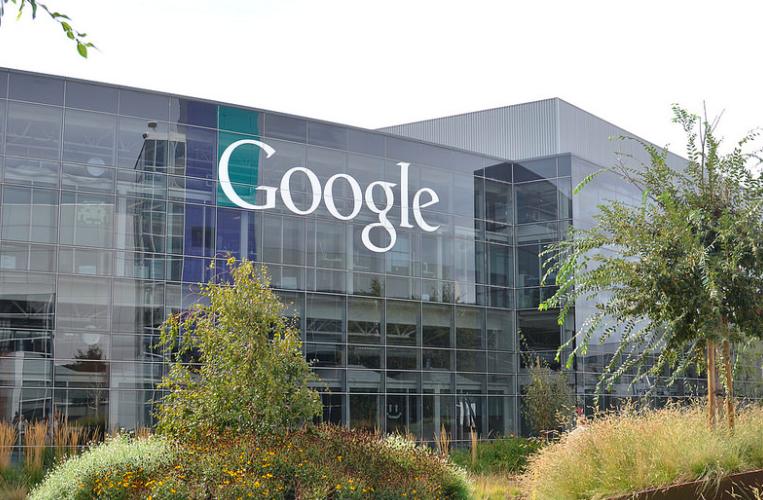
intoCanada’s Competition Bureau has completed its more than three year investigation into Google, according to a press release published on the organization’s website this afternoon.
The Bureau found Google in violation of one aspect of Canada’s Competition Act. The advertising company’s terms and conditions unfairly impacted competing firms. In 2013, in response to similar concerns expressed by the U.S. Federal Trade Commission (FTC), Google changed its advertising policies. The company will do the same in Canada, and has promised not to re-introduce certain clauses to its English and French language contracts.
“Data‑driven companies play an important and growing role in Canada’s economy. We will continue to monitor firms in the digital economy to ensure they do not engage in anti-competitive conduct,” said John Pecman, Canada’s commissioner of competition, in a statement issued to MobileSyrup. “Should new evidence come to light of anti-competitive conduct that may affect the Canadian marketplace, by Google or any other market participant, I won’t hesitate to take appropriate action.”
The Competition Bureau’s complete report on its investigation can be read on the Government of Canada website.
Overall, despite the scope of the Competition Bureau’s investigation into Google (the bureau consulted with more than 130 experts and other agencies in the U.S. and European Union), things could probably have been a lot worse for the company. In fact, the company is expected to fare a lot worse against regulators in the EU. According to a new report published in the The Wall Street Journal this afternoon, the European Union will file anti-trust charges against Google’s parent company, Alphabet, over the company’s policy of requiring Android OEMs to pre-install Google apps on their devices in order to enable access to the Play Store. If the EU decides to levy fines against Alphabet, it cost the company as much as 10 percent of its revenue or about $7.4-billion, according to BBN.
[source]Competition Bureau[/source]


